CO2 Dehydration: Teaching Old Dehydration Technologies New Tricks
As carbon capture and storage (CCS) infrastructure scales globally, the efficient and reliable dehydration of CO₂ becomes increasingly critical to ensure pipeline integrity, prevent hydrate formation, and meet stringent quality specifications. Traditional technologies like glycol and Thermal Swing Adsorption (TSA) using molecular sieves have long been the industry standard, but operational challenges—including thermal degradation, high energy demands, and sensitivity to contaminants—have highlighted the need for innovation. The increase CCS hub and comingling of CO2 from various sources have driven the CO2 water specification to be lower to limit the corrosion concerns with the variating impurities driving the increased demand for TSA technology.
This presentation explores the application of Sorbead® technology in TSA systems for CO₂ dehydration, offering a robust, energy-efficient alternative to molecular sieves. With enhanced tolerance to contaminants and longer lifecycle performance, Sorbead enables more resilient operation under varying process conditions, making it especially well-suited for the dynamic profiles of CCS applications.
Beyond materials, showcasing digital enhancements—such as advanced performance monitoring, predictive analytics, and advanced process control optimization—that breathe new life into legacy dehydration units. These digital tools not only improve reliability and maintenance scheduling but also unlock energy savings and extend adsorbent life.
This presentation will gain insights into comparative case studies from CO₂ dehydration units, and a forward-looking perspective on how traditional technologies can evolve to meet modern CCS demands.

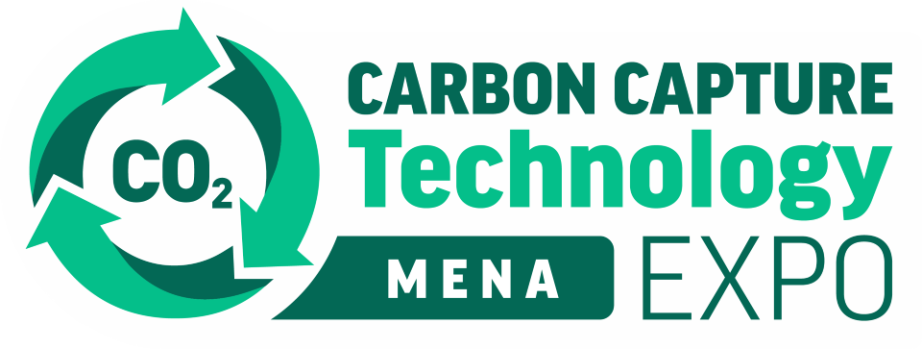
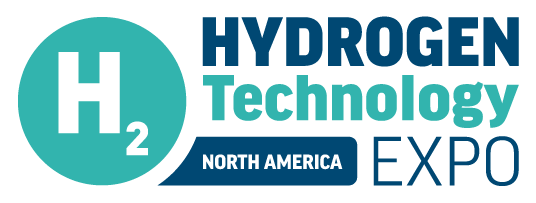
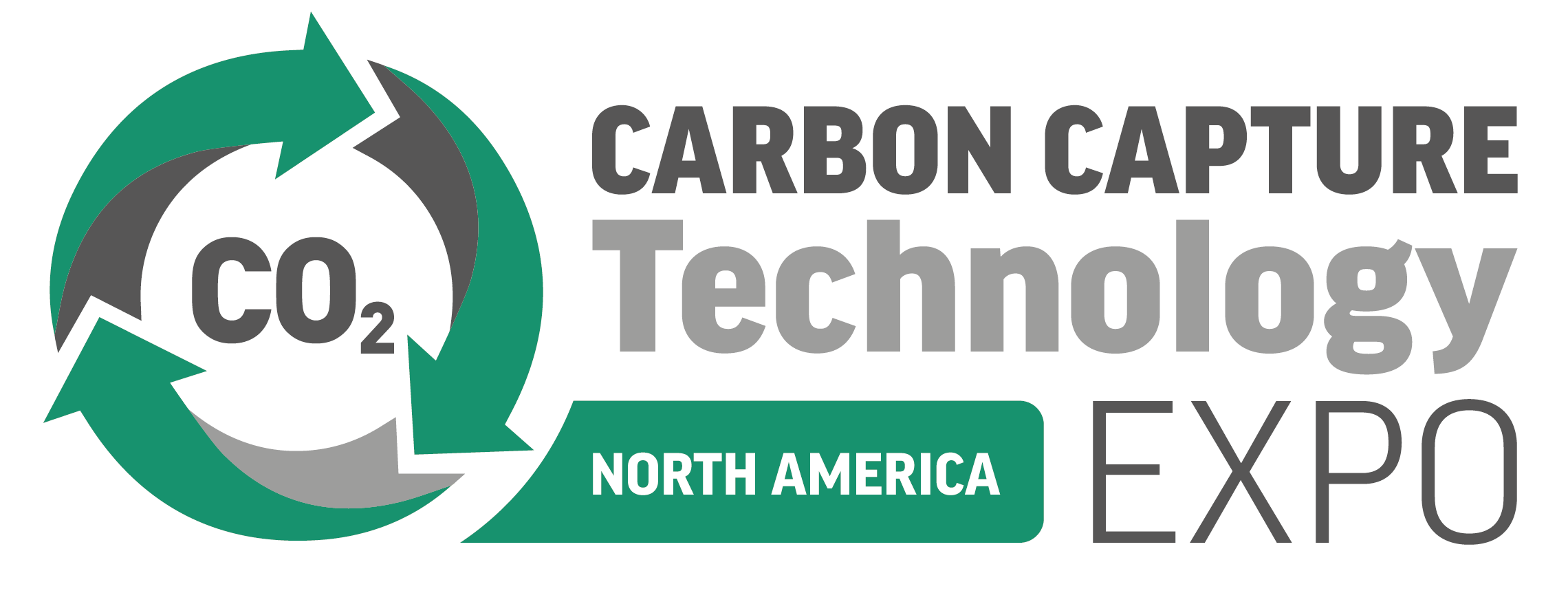
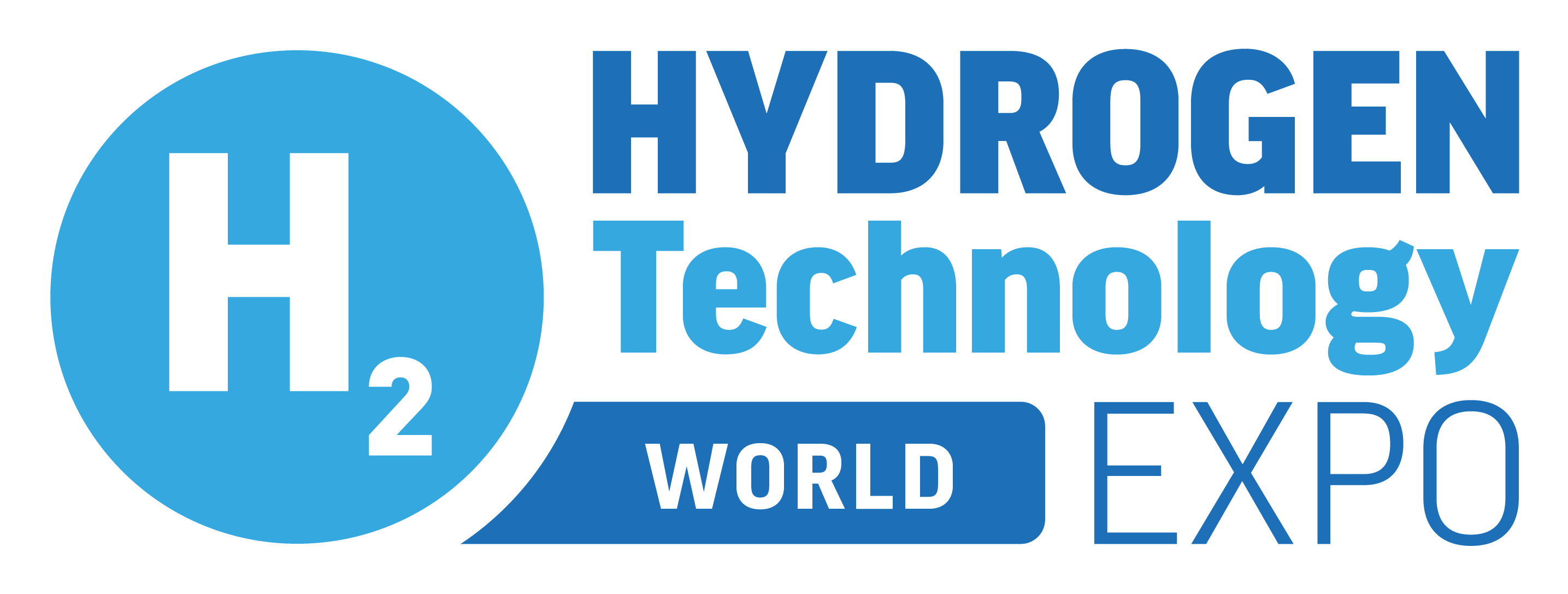
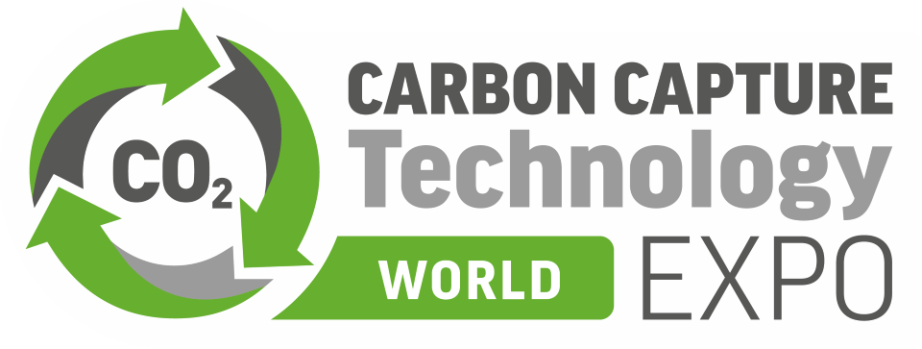


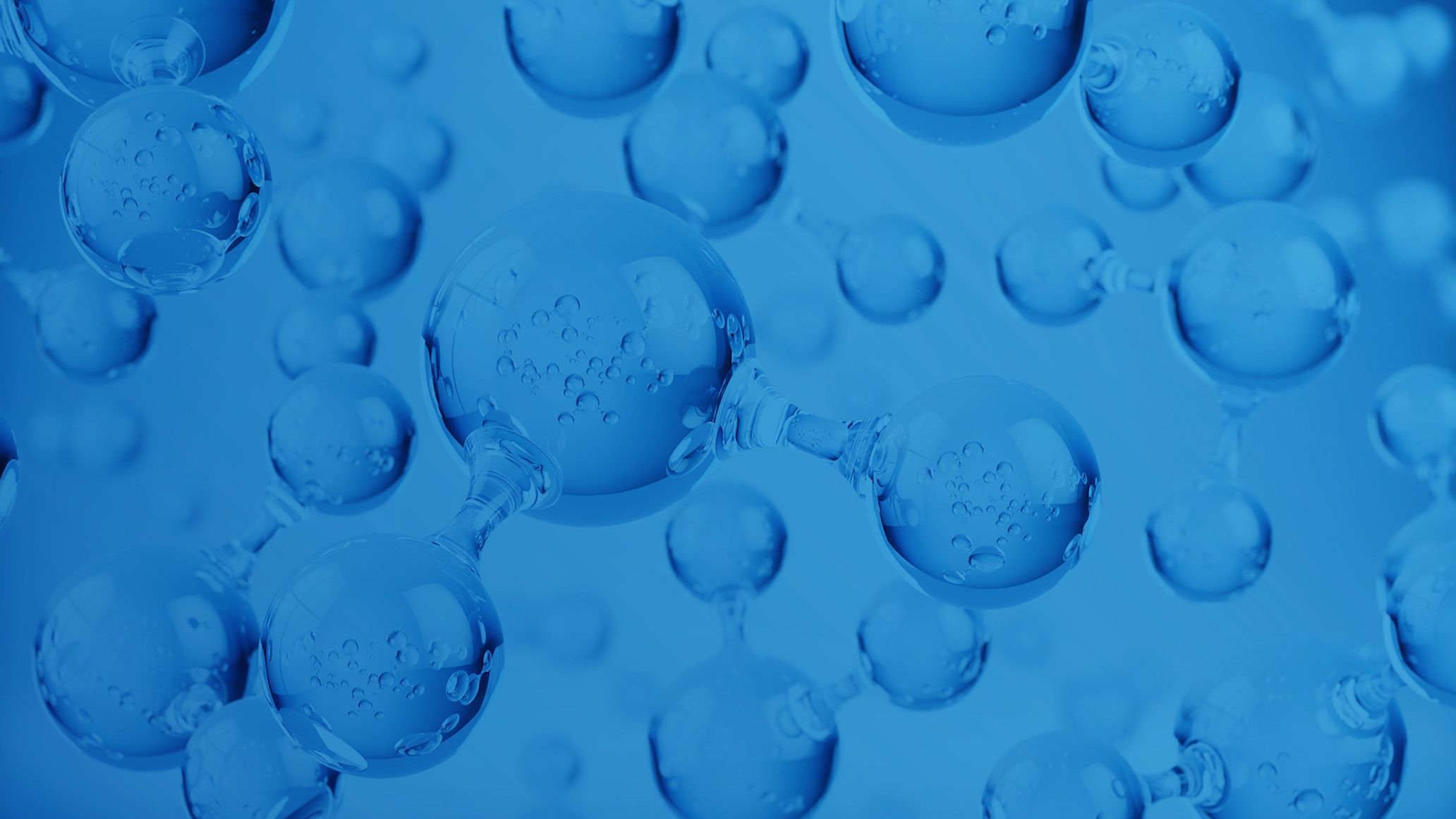
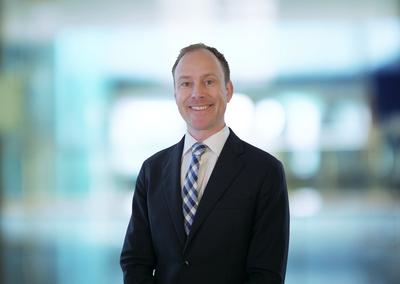

)
)
)
)
)
)
)
)
)
)
)
)
)
)
)
)
)
)
)
)
)
)
)
)
)
)
)
)
)
)
)
)
)
)
)
)
)
)
)
)
)
)
)
)
)

)
)
)
)
)
)
)
)
)
)
)
)


)
)
)
)
)
)
)
)
)
)
)
)

)
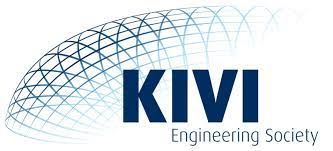
)
)
)

)
)
)
)
)
)
)
)
)

)
)
)
)

)
)
)
)
)
)
)
)
)
)


)

